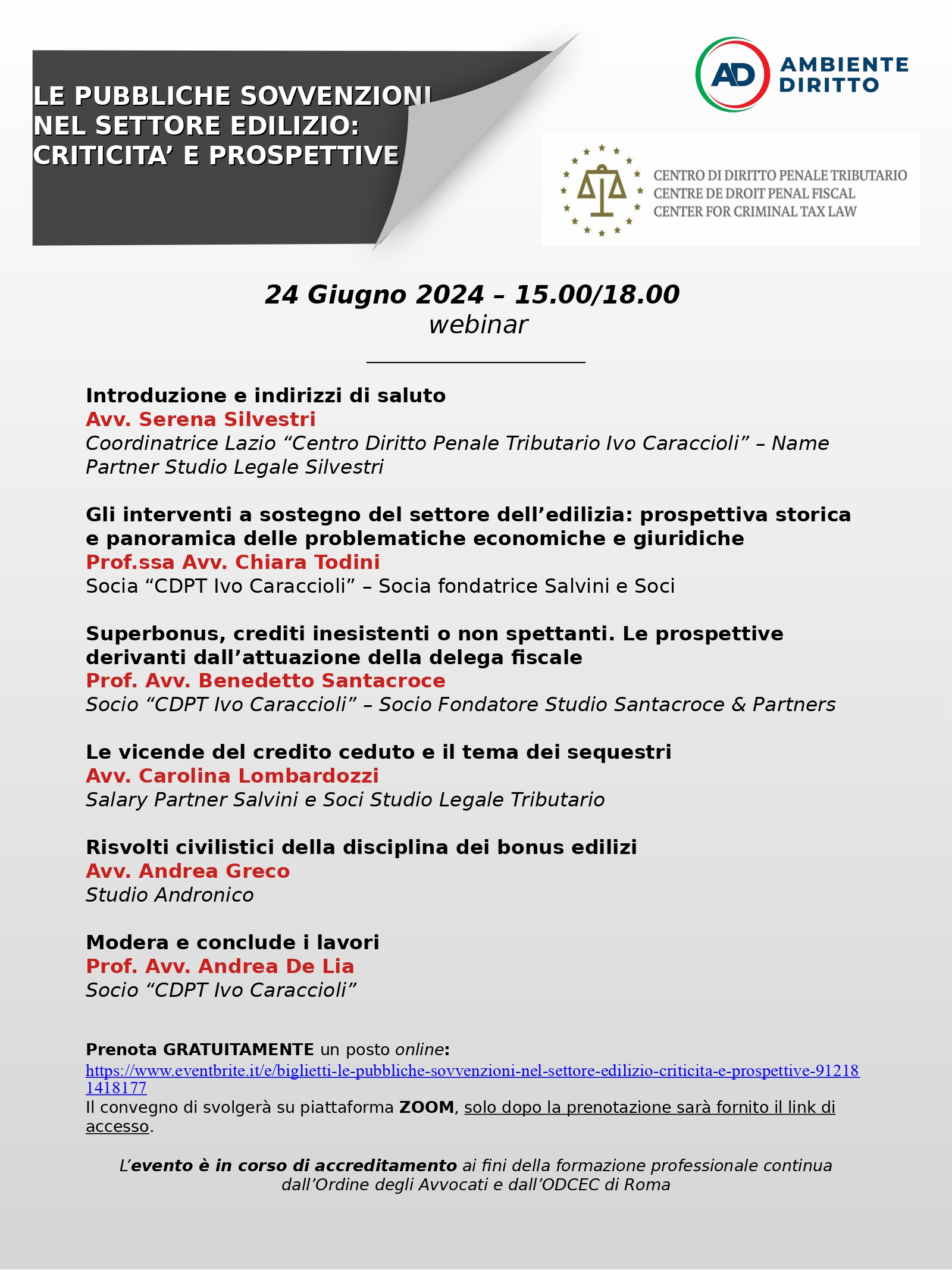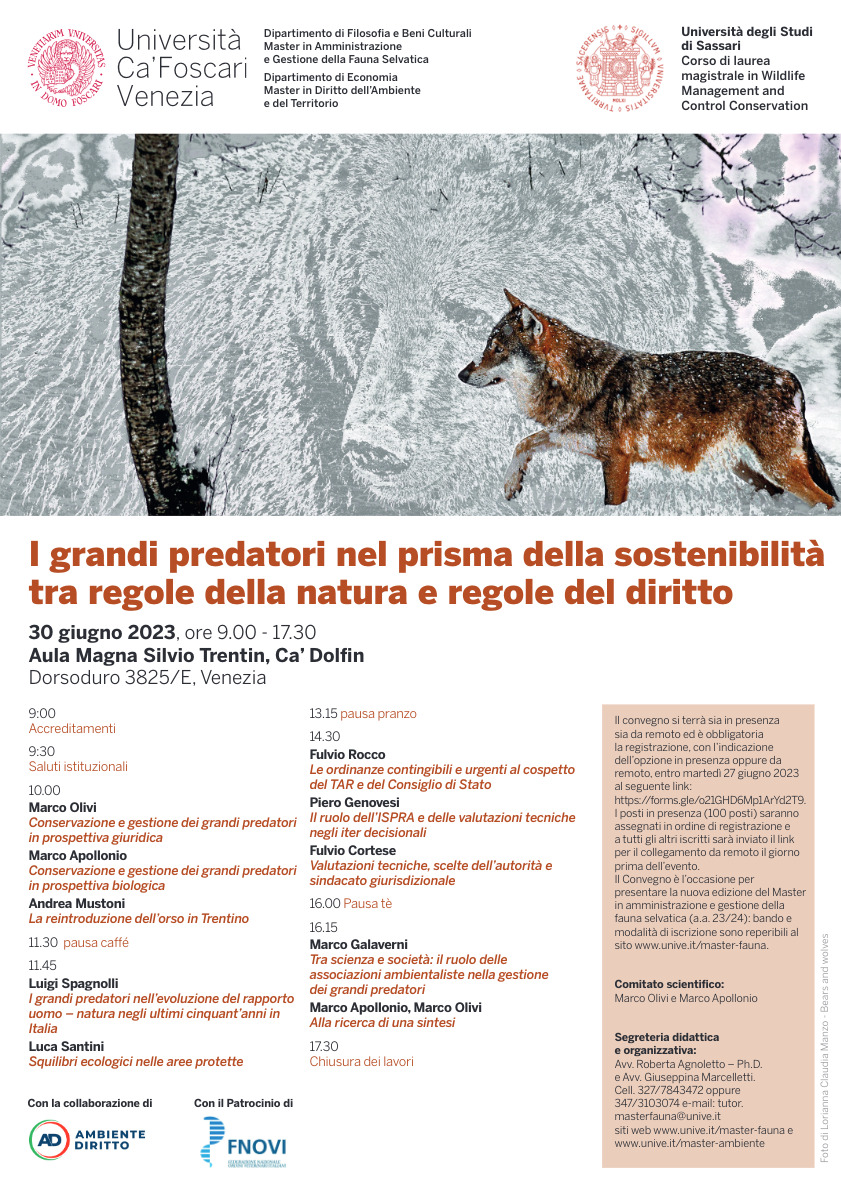______________ AMBIENTEDIRITTO ______________
AN ISLAMIC PERSPECTIVE OF ENVIRONMENTAL LAW AND POLICY.
Giuseppe Poderati
“Protection of the environment is
essential to Islamic beliefs
and mankind has the responsibility to ensure
safe custody of the environment.”1
Fatima Al-Banna
(Environmental Activist)
[Abstract It]: Questo contributo analizza la caratteristica peculiare della religione islamica che detiene uno straordinario ethos e sensibilità verso la protezione ambientale del pianeta nel suo insieme. Adottando un approccio basato sulla religione, è possibile considerare le due principali fonti tradizionali del diritto islamico, il Corano e la Sunna, come un enorme serbatoio verde pieno di principi e concetti legali, nonché vere e proprie politiche interne. In una certa misura, queste vengono effettivamente trasformate in azioni pragmatiche volte ad influenzare positivamente la nostra società civile globale e contemporanea nella lotta contro l’attuale crisi ambientale su larga scala. In altre parole, l’Islam contiene valori e credenze che – in senso lato – hanno il potenziale per cambiare ed altresì migliorare il comportamento collettivo della società civile internazionale. Teoricamente, sebbene non sia la panacea per tutti i mali, l’Islam può agire come uno strumento socio-legale in grado di “sintonizzare la legge con la natura”. In quanto religione e stile di vita che regolano le relazioni umane e lo sviluppo socioeconomico, l’Islam sta diffondendo attraverso il suo tipo di codice di condotta l’importanza dell’obbedienza al Creatore e del pieno rispetto per l’ambiente. Tutto sommato, nel suo insieme, si dovrebbe notare che l’ethos ambientale islamico, portando con sé principi e concetti legali e politiche interne, è in grado di contribuire alla creazione di strumenti giuridici eco-progettati per il benessere e la prosperità del mondo.
[Abstract En]: This paper analyzes the peculiar characteristic of the Islamic religion holding an extraordinary ethos and sensitivity towards the planet’s environmental protection at large. By adopting a religious-based approach, it is possible to consider the two main traditional sources of Islamic law, the Quran, and the Sunnah, like a huge green tank full of legal principles and concepts as well as inner policies. To some extent, these are actually transformed into pragmatic actions aiming to positively influence our contemporary global civil society in fighting against the current environmental crisis on a large scale. In other words, Islam contains values and beliefs that – broadly speaking – have the potential to change and improve international society’s collective behavior. Theoretically, though it is not the panacea for all ills, Islam can act as a socio-legal tool capable of “tuning the law with nature.” As religion and way of life regulating human relationships and socio-economic development, Islam is disseminating through its sort of code of conduct the importance of obedience to the Creator and full respect for the environment. All in all, taken as a whole, one ought to note that the Islamic environmental ethos, by carrying with itself legal principles and concepts as well as inner policies, is able to contribute to creating eco-designed legal instruments for the wellbeing and prosperity of the world.
Sommario: 1. Introduction. – 2. Section I: From a scientific and legal definition of environment to an Islamic one. – 3. Section II: Main Islamic Principles and Concepts of Environmental Law governing the protection of nature. – 4. Section III: Influence of Islamic environmental ethos in domestic experiences. – 5. Section IV: The Islamic Declaration on Climate Change. – 6. Section V: Conclusions.
The author is a Ph.D. candidate in International Environmental Law at Wuhan University (China). Previously, he attended his academic education at Libera Università Maria SS. Assunta (Rome, Italy), Stony Brook University – New York State University (SUNY, USA), Centro Studi e Ricerche Direzionali (Palermo, Italy), The Graduate Institute of Geneva (Switzerland), and National University of Singapore.
1 Fatima Al-Banna, ‘Islam and Environment Protection’ (ecomena.org 13 September 2020) accessed 30 December 2020.
Scarica allegato





 AMBIENTEDIRITTO.IT EDITORE
AMBIENTEDIRITTO.IT EDITORE